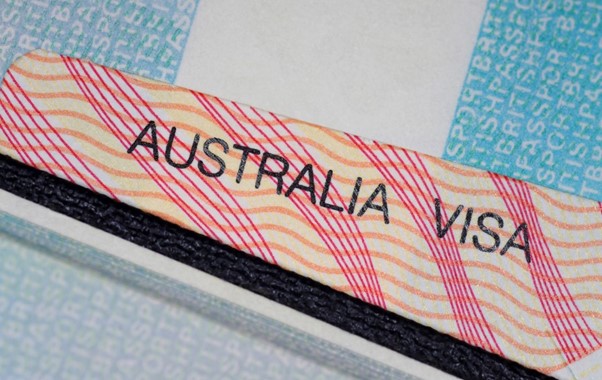ATO extends visa data matching program for three years

The ATO has advised that its visa data matching program has been extended for another three years (2023-24 to 2025-26 income years).
This program has been running since 2009 and collects information from the Department of Home Affairs on active and newly granted visas to ensure visa holders, visa sponsors and migration agents are meeting their tax and super obligations.
Duplicate the above container for more 2 column sections OR Duplicate the below container for 1 column text only sections. (DON’T FORGET TO DELETE THIS CONTAINER)
Data being collected
The data to be collected under this program extension will include the following identification details:
- address/contact history for visa applicants, sponsors and migration agents;
- active visas meeting the criteria;
- all visa grants;
- visa grant status for point in time;
- migration agents and visa application preparers who assisted or facilitated the processing of the visa;
- all international travel movements undertaken by visa holders, including arrivals and departures;
- sponsor details for the 457 visa; and
- visa subclass names.
How will the data be used by the ATO?
The data collected will be used to support a number of compliance activities conducted by the ATO.
At its simplest level, the data will be used to:
- identify taxpayers who incorrectly claim Australian residency in their income tax return to gain a financial advantage; and
- determine whether those departing Australia are entitled to access the departing Australia superannuation payment (DASP).
Generally, DASP can only be claimed if a non-Australian and/or New Zealand citizenship individual accumulated superannuation while working in Australia on a temporary resident visa (excluding 405 and 410 visas), the visa has ceased to be in effect, and the individual has left Australia without holding any other active Australian visa.
ABN registry checks
The ATO will also match various visa holder data with information from the ABN registry to assess whether a visa holder’s visa class allows for an ABN to be held.
The ATO will also initiate the cancellation of ABNs where they are used inappropriately (i.e. visa holders as contractors instead of employees), or if the ABN holder is no longer in Australia.
Foreign investment program checks
The data will also be used to support foreign investment program compliance activities. Usually, any foreign persons planning to invest in assets in Australia must apply for the relevant approval before purchasing an asset. “Foreign person” in this context includes:
- any individual who is not an Australian citizen or a permanent resident;
- a corporation in which a foreign person(s) holds at least a 20% interest; and
- a trustee of a trust in which foreign person(s) and their associates hold at least 20% of the beneficial interest in the income or property of the trust.
The ATO notes the visa data matching program will allow it to identify foreign person status of property holders in Australia in terms of residential, commercial and agricultural land. As foreign residents are only allowed to purchase one established dwelling as their principal place of residence or for redevelopment, the program will be used to identify temporary residents holding multiple established dwellings or those renting out an established dwelling.
Where a contravention is identified, those temporary residents will be monitored to ensure they dispose of their interest in the established dwelling(s) within the relevant time periods. In addition, foreign owners of residential dwellings in Australia are required to lodge a yearly vacancy fee return, which is a financial disincentive to keep the property vacant and encourages foreign owners to make their dwelling available for rent if they are not using it. However, the fee is not payable if the dwelling is residentially occupied.
Use of international travel movements data
The ATO will be using the international travel movements data it gathers to ascertain whether a foreign person has been in Australia for 183 days or more in a 12-month period to confirm their residentially occupied statement in their lodged vacancy fee returns.
Overall observations and trends identified from the visa data matching program will be used to ascertain any potentially new or emerging approaches to fraud and/or pinpoint any entities controlling or exploiting vulnerabilities in the visa framework.
The date will also be used to improve the accuracy and strengths of the ATO’s risk detection models and treatment systems.
Disclaimer: The information on this page is for general information purposes only and is not specific to any particular person or situation. There are many factors that may affect your particular circumstances. We advise that you contact Mathews Tax Lawyers before making any decisions.
